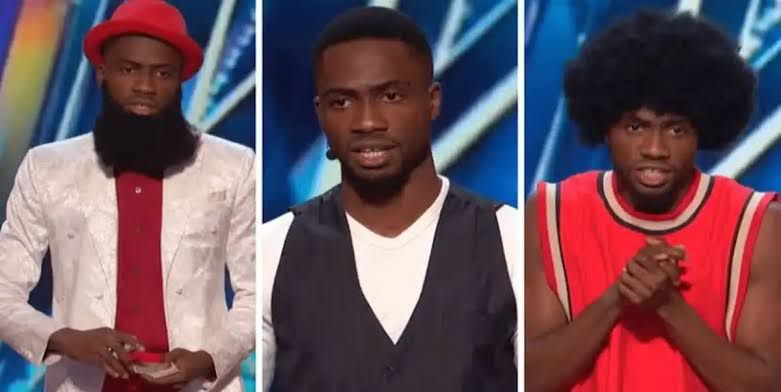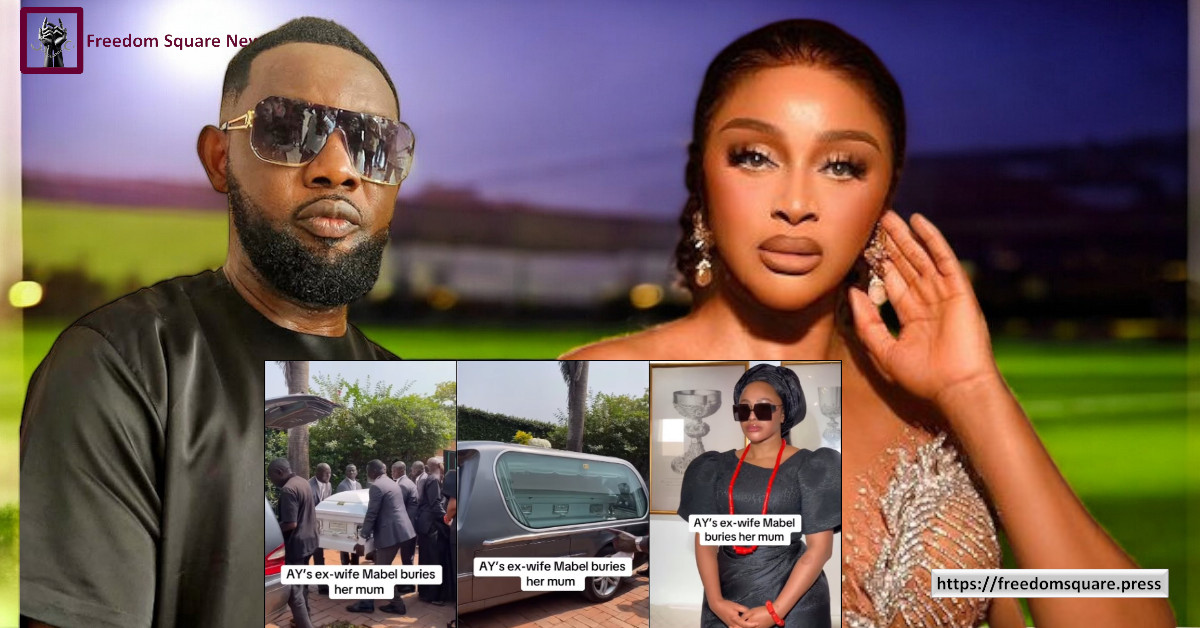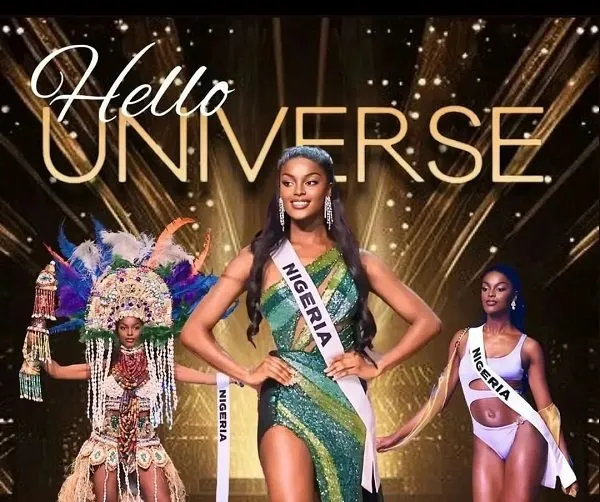Nigerian comedian Josh2Funny, has captured the spotlight on the global stage of “America’s Got Talent,” bringing his distinct brand of humor to the forefront.
Despite his peculiar performance that left the judges and audience in stitches, mixed reactions have emerged, exemplified by Twitter user Daniel Regha’s critique.
Josh2Funny’s journey on “America’s Got Talent” showcases his determination, as he attempted auditions three times under different aliases. The audience was treated to his unique comedic style, reflecting his commitment to stand out amidst intense competition.
The video of his performance highlighted the judges and the crowd’s laughter and amusement, as Josh2Funny successfully infused his humor into his act.
However, the power of social media was evident as Twitter user Daniel Regha voiced a differing opinion on Josh2Funny’s audition. In his tweet, Regha expressed disappointment in what he perceived as a missed opportunity, suggesting that Nigerians often rally behind their fellow countrymen without critically assessing the quality of their contributions.
Regha stated, “Nigerians will applaud anything as long as a Nigerian is getting the hype, & it’s beyond shameful! Josh misused the America’s Got Talent platform by wasting everyone’s time, which isn’t funny. Thousands audition each year but only a few get selected, so why waste the opportunity?”
The contrasting viewpoints underline the diversity of opinions in response to Josh2Funny’s appearance on the renowned talent show. While his act resonated with some, others, like Regha, raised concerns about the value and significance of each participant’s appearance on such a prestigious platform.
The conversation sparked by Josh2Funny’s audition showcases the intersection of comedy, entertainment, and cultural pride. As social media continues to be a powerful avenue for discussion and critique, the broader implications of such performances resonate not only within the entertainment industry but also within societal dialogues about talent, opportunity, and representation.




